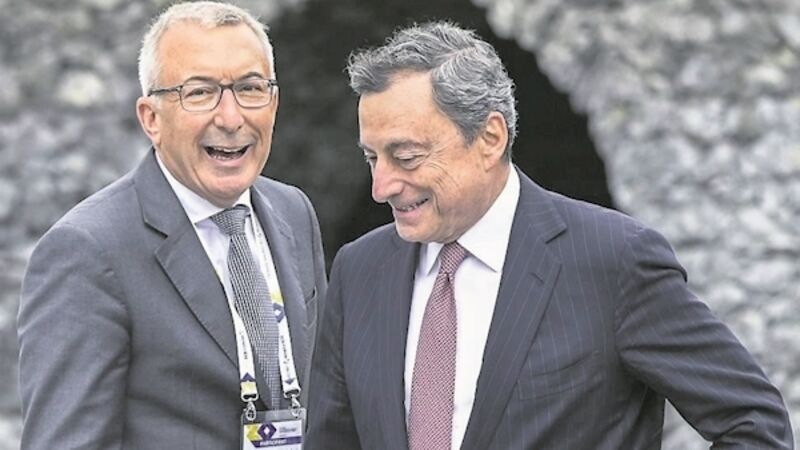Draghi’s talk of stimulus weakens euro, boosts shares

European Central Bank chief Mario Draghi’s dovish remarks — signalling that the ECB will ease policy again if inflation fails to accelerate — sent European stocks to six-week highs while news that the US and China would resume trade talks at the G20 summit also boosted sentiment.
Mr Draghi hinted at the possibility of new rate cuts or asset purchases if Eurozone inflation did not head back to its targets.
















